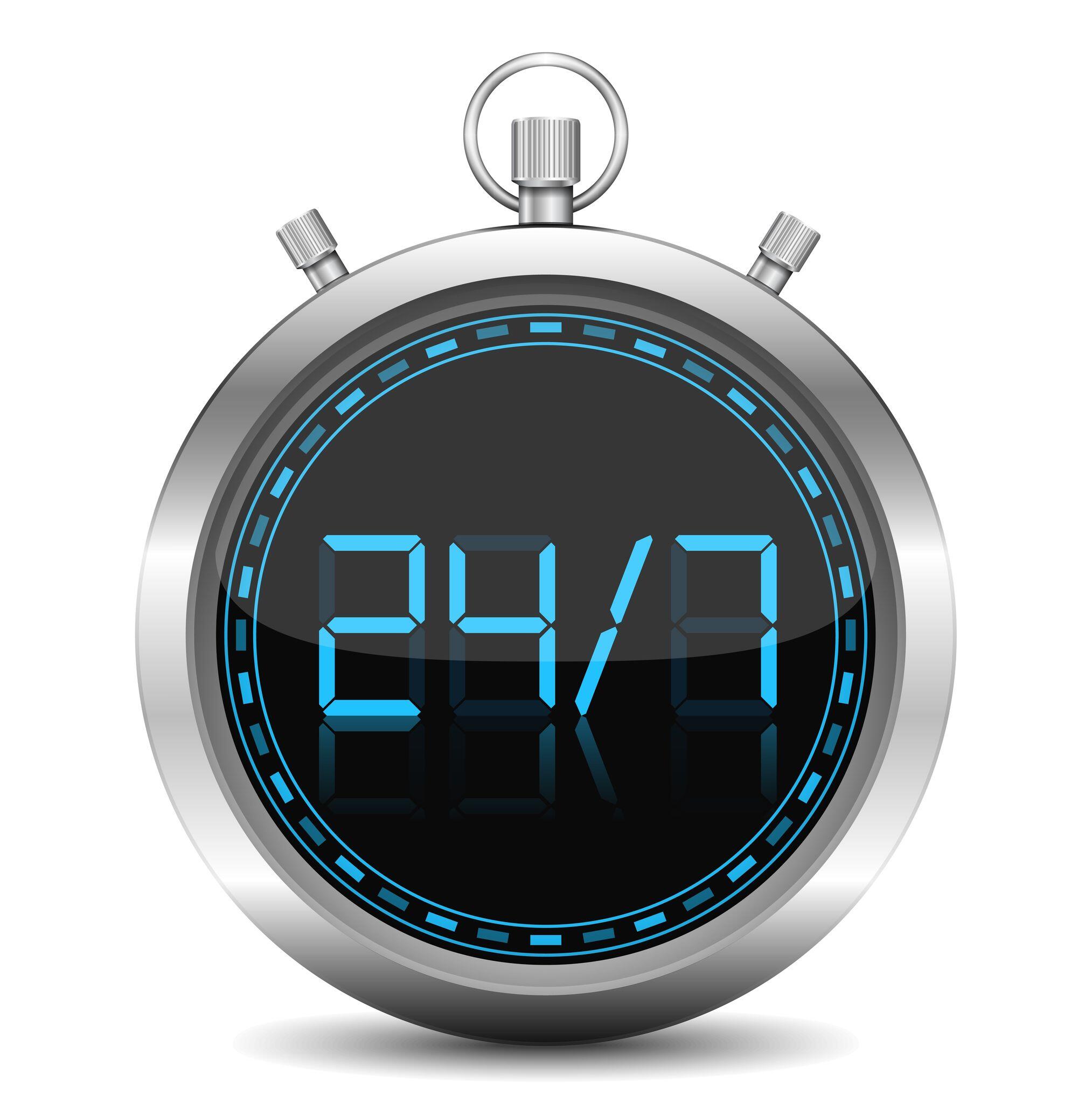30 Jul How to Keep Email from Taking Over Your Life

We seem to live in a world of 2 email camps:
- NEVER look at your email first thing in the morning
- ALWAYS look at your email first thing in the morning
The “NEVERS” believe that if you get caught up in email minutia you will not get your most important work.
The “ALWAYS” believe that if you don’t know what’s lurking and clear up the “must-dos” than you may miss something important.
I suspect that some of this has to do with the type of work you do and the kind of responsibilities you have. For those that work globally, email may in fact be your primary means of communication. For those of us in the service business we communicate with our clients via email and I personally, could NEVER not be an “ALWAYS.”
HOWEVER, it isn’t this cut and dry. It isn’t about ALWAYS or NEVER. Like everything, the answer lies in the grey zone. The question is: What systems can be put in place to ensure that email doesn’t take over your life? I’ve tried a lot of different things, and I’ve worked with my clients to try different things. As with ALL productivity systems, there is no such thing as one size fits all, and no one system ALWAYS works for the same person ALL the time. Different circumstances require different systems. Here are a few you may want to consider:








